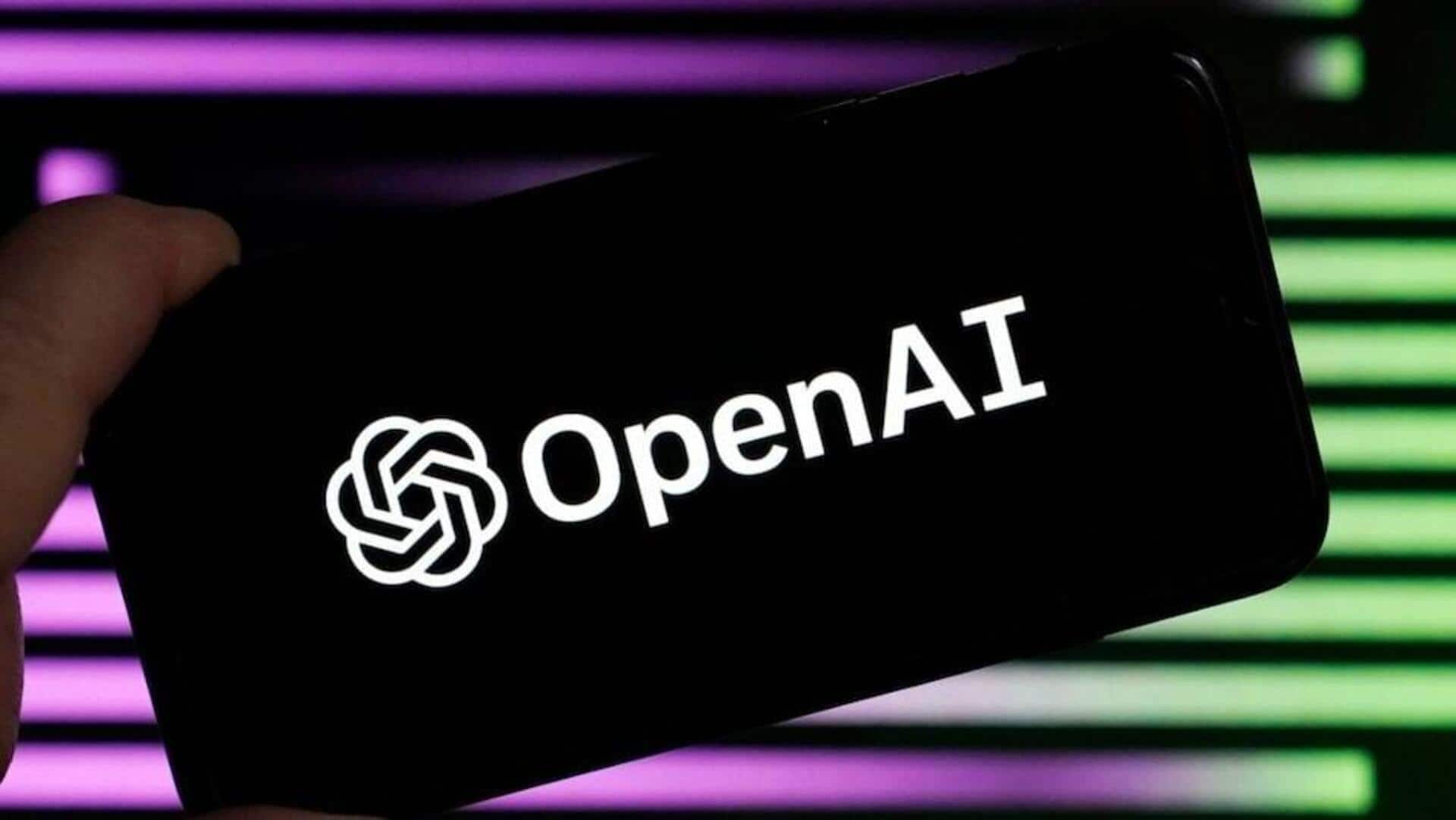
OpenAI shall have a 'legitimate AI researcher' by 2028
What's the story
OpenAI is making rapid strides in deep learning, with its models increasingly capable of tackling complex tasks at a faster pace. The company plans to have an intern-level artificial research assistant by September 2026 and a fully automated "legitimate AI researcher" by 2028, CEO Sam Altman revealed during a livestream.
Structural change
Transition to public benefit corporation
The ambitious timeline comes as OpenAI completes its transition to a public benefit corporation, moving away from its non-profit roots. The restructuring frees the company from restrictions imposed by its non-profit charter and opens new avenues for raising capital. Jakub Pachocki, OpenAI's Chief Scientist, joined Altman in the livestream and explained that this AI researcher would be a "system capable of autonomously delivering on larger research projects."
Future goals
Deep learning systems could be a decade away from superintelligence
Pachocki said, "We believe that it is possible that deep learning systems are less than a decade away from superintelligence." He defined superintelligence as systems smarter than humans in a wide range of critical tasks. To achieve these ambitious goals, OpenAI is focusing on two main strategies: algorithmic innovation and significantly increasing "test time compute," or the time models spend solving problems.
Research focus
Restructuring supports aggressive timeline for AI research assistants
OpenAI's goals align with its broader mission of advancing scientific research and enabling AI to make discoveries faster than humans. The company wants to tackle complex problems beyond current human capabilities and accelerate technological progress across fields such as medicine, physics, and technology development. Altman said the restructuring supports OpenAI's aggressive timeline for AI research assistants while ensuring responsible AI development.
Governance and funding
New structure and its implications
Under the new structure, the non-profit OpenAI Foundation shall own 26% of the for-profit entity and govern its research direction. The foundation also has a $25 billion commitment to using AI for curing diseases and will oversee the AI research and safety initiatives. Altman said this restructuring enables the for-profit arm to raise more funds, allowing it to scale infrastructure necessary for scientific advancements.